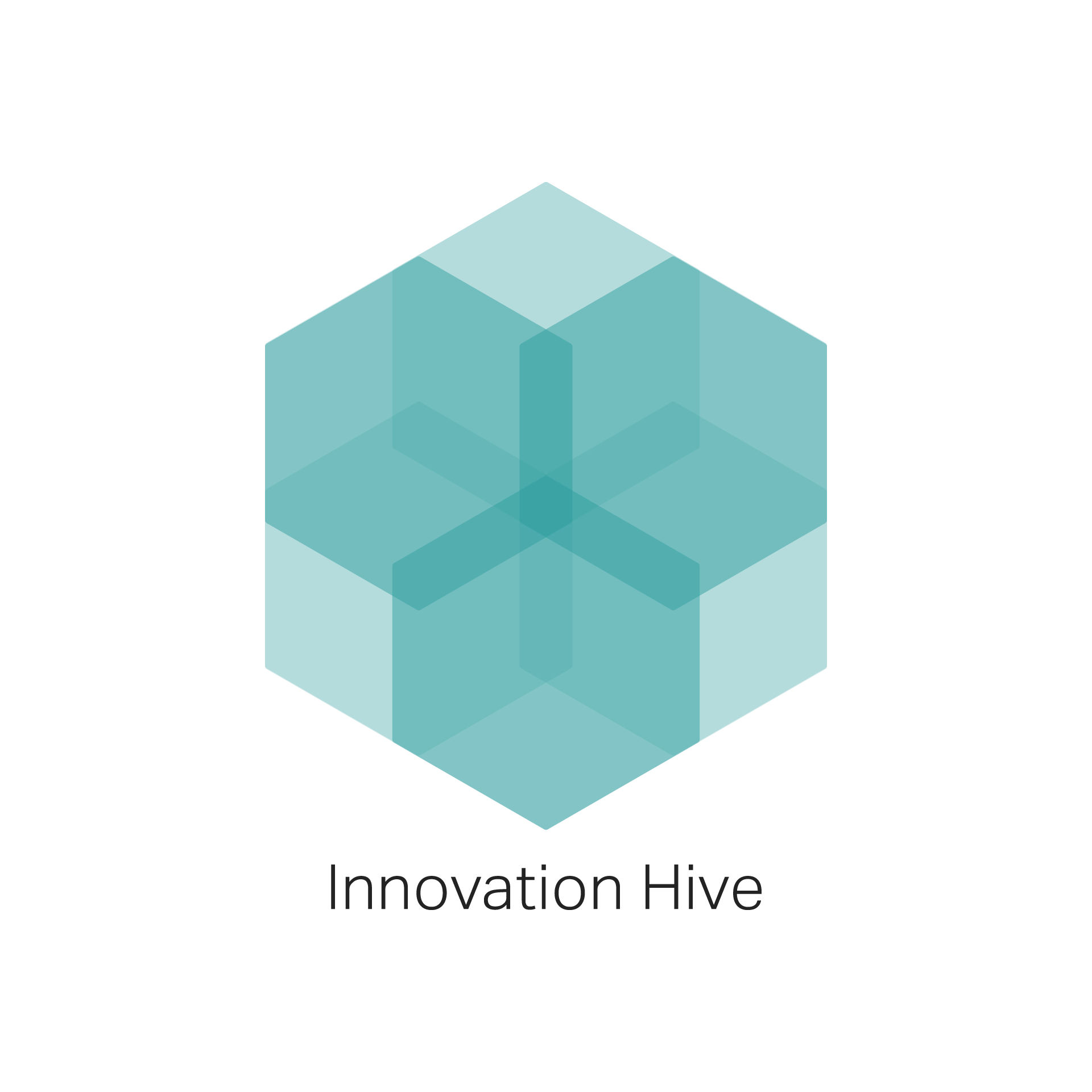
REVIVE 5.0
Globally, small and medium-sized businesses (SMEs) are acknowledged as a key contributor to sustainable economic growth.
With the vision of Industry 5.0, which goes beyond efficiency and productivity as the only goals to more sustainable, human-centric, and resilient economies that work for people, societies, and the environment, many strategies are adopted to help improve performance and help secure their long-term prosperity. A SME must undergo a significant transformation and a fundamental shift in its organizational culture in order to transition to Industry 5.0. The process of reevaluating company models, ecosystems, and managerial techniques that will impact their performance in the direction of a better, more equitable society is greatly aided by human resources management, or HRM.
Various strategies have been introduced by HRM of businesses; however, as the Fifth Industrial Revolution is still in its early stages, actual practices are still in their infancy. With employees at the center and a mindset that empowers them to create new business prospects, this project aims to explore emotional intelligence as a valuable tool for HR management to ensure the transition of SMEs to Industry 5.0.
In order to rebuild a workforce in the context of Industry 5.0, which is defined by motivation, job satisfaction, commitment, flexibility, ethics and mindfulness, responsiveness, thinking critically and radically, in and out of the box, and placing their well-being at the center of business systems, an innovative VET training model must be built. This will equip HR managers with all the EI skills, abilities, and competences needed. The ultimate goal is to achieve social goals beyond employment and growth in order to provide prosperity robustly for the sustainable development of all humanity.
Impact
Throughout the whole timeframe of the project, it is intended for a wide range of organizations, particularly focusing on SMEs and VET centers, to be targeted. The goal is to engage these organizations in various project activities, including research, piloting, tool testing, feedback sessions, and dissemination efforts. The project aims to impact these groups in several ways: – Increase awareness among SMEs about Industry 5.0 and the necessity for them to transition to this new model. – Enhance Emotional Intelligence (EI) competences of Human Resource Managers (HRMs) in SMEs to facilitate the transition to Industry 5.0. – Transfer best practices, experiences, guidelines, and recommendations on training HRMs’ EI skills. – Engage policy-makers and decision-makers to recognize the importance of preparing SMEs for the transition to Industry 5.0. – Encourage VET organizations to update their training curricula, incorporating EI elements to better equip the future workforce for the challenges and opportunities arising from Industry 5.0.
Our Role
Innovation Hive is playing a pivotal role during the entire lifespan of the project’s implementation. Although there is an active contribution in all the project’s work packages, both theoretical and digital, we are co-leading WP4, the development of the eLearning portal and the digital interactive game. More specifically, Innovation Hive is responsible for the design and development of the digital interactive game, which aims to equip HR managers with crucial soft skills in order to enhance their Emotional Intelligence, through answering to real-life scenarios.
REVIVE 5.0
Project Name: REVIVE 5.0: Revolutionizing SMEs through Emotional Intelligence in the 5th Industrial Era
Project ID: 2023-1-FR01-KA220-VET-000152549
Start Date: 01/10/2023
End Date: 30/09/2025
Coordinator: 🇫🇷 Coopérative d’activité et d’emploi Work in SCOP
Partners: 🇬🇷 INNOVATION HIVE
🇨🇾 STANDO LTD
🇮🇹 TO BE UPDATED
🇳🇱 NEFINIA
🇹🇷 ASES ULUSLARARASI EGITIM SAGLIK
VE DANISMANLIK TICARET LIMITED SIRKETI
Share this project:


